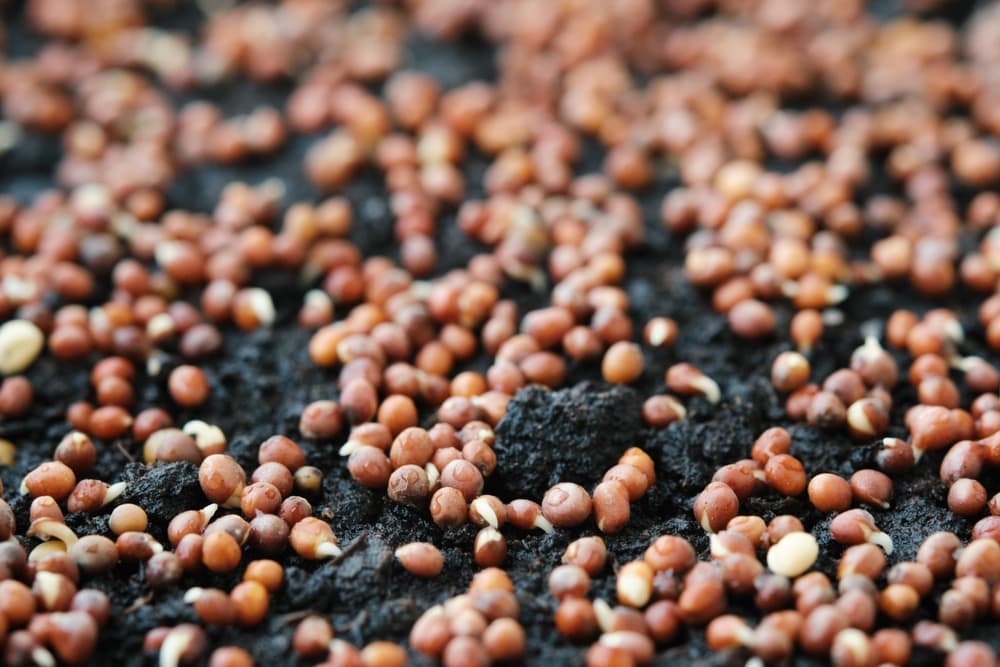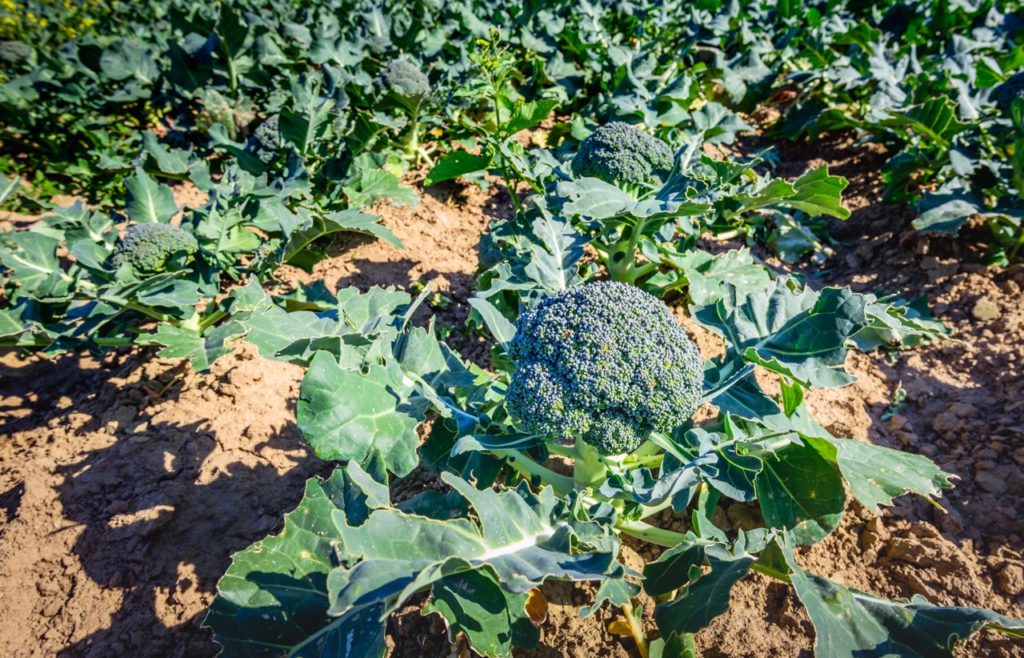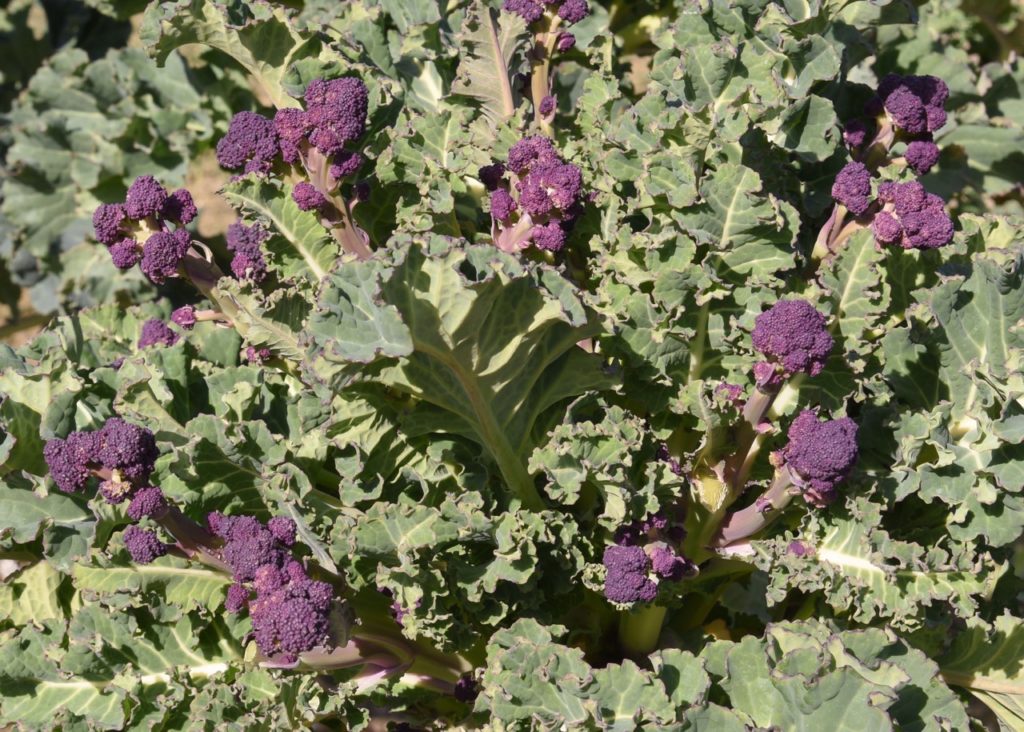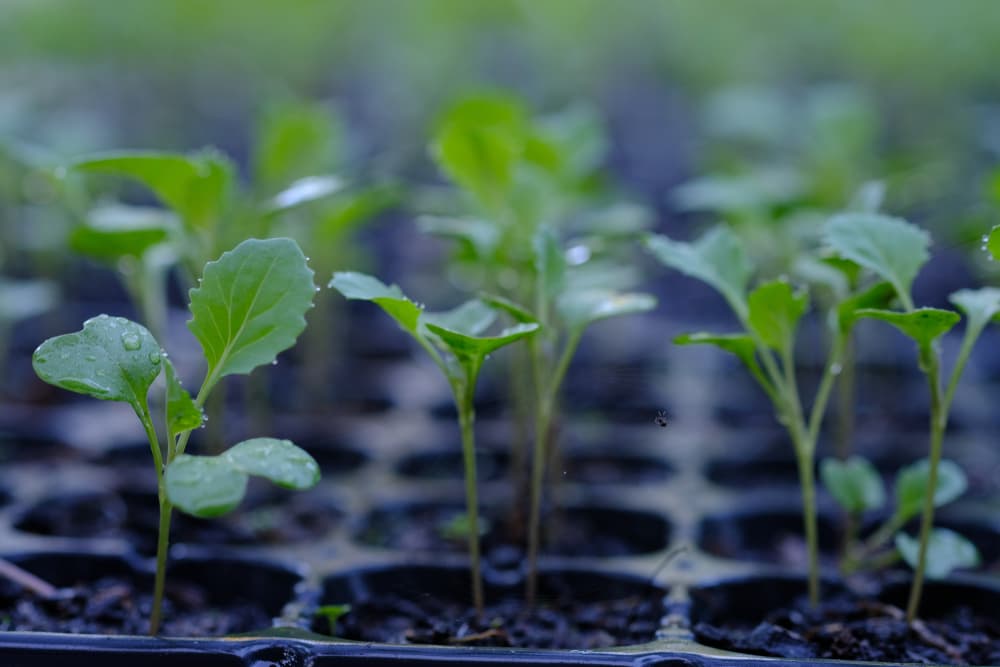Sowing Broccoli: Follow These Important Steps If You’re Growing From Seed

VEGETABLES > BROCCOLI > SOWING

Elizabeth is a Permaculture Garden Designer, Sustainability Consultant and Professional Writer, working as an advocate for positive change. She graduated from the University of St. Andrews with an MA in English and Philosophy and obtained a Diploma in Applied Permaculture Design from the Permaculture Association.
Reviewed By COLIN SKELLY

Colin is a Horticulturist and Horticultural Consultant with experience in a range of practical and managerial roles across heritage, commercial and public horticulture. He holds the Royal Horticultural Society’s Master of Horticulture award and has a particular interest in horticultural ecology and naturalistic planting for habitat and climate resilience.
IN THIS GUIDE
BROCCOLI GUIDES
Eating After Flowering
Feeding
Growing From Seed
Harvesting
Preventing Bolting
Problems
Broccoli is a great vegetable to grow in your garden, whether you are an experienced gardener or a complete beginner.
To grow broccoli from seed:
- Decide which type of broccoli you would like to grow.
- Sow seeds between March and July.
- Sow indoors in early spring or sow directly into the ground after the last frosts.
Keep reading to understand each of these steps.
| Difficulty | Easy |
| Equipment Required | Seeds, seed tray, growing medium |
| When To Sow | March-July |
When To Sow Broccoli Seeds

Sow broccoli seeds between March and July, thinking about not only the conditions where you live but also about when you want to harvest your crop.
1) Choose Your Variety
There are two main types of broccoli that you should consider growing in your garden.
The first is calabrese broccoli, the type of broccoli that many are most familiar with if you’re used to buying this veggie from the shops.
This is the type that forms larger heads that look like little trees.

This variety is typically sown earlier in the spring and then harvested in the summer in the UK.
The second type is sprouting broccoli.
Sprouting broccoli is hardy and is often planted a little later, during the winter, in order to provide a yield in the spring the following year.
It has smaller florets, which can be either green or purple, and it can be useful for providing a yield during the time of year when less fresh food is typically available.

If you choose the right varieties and sow these at the right times, broccoli is a crop that you can be harvesting throughout much of the year.
As well as harvesting the heads in summer and into autumn and florets from sprouting broccoli through late winter and early-mid spring, you might also sow broccoli seeds to eat as sprouted seeds or micro-greens throughout the winter months.
2) Sow Seeds Indoors
Before the last frosts in your area, broccoli seeds can be sown indoors.
You can sow your seeds into seed trays, modules, small pots, or soil blocks.

These should be filled with a suitable seed-starting compost, which can be either one that you have purchased or one you have made.
After germination has taken place (typically within a week or so), thin out or prick out the seedlings, leaving one per pot.
A weekly feed with a general-purpose organic liquid plant feed such as a compost tea will help give the plants a good start.

Once the seedlings are around 10-15cm tall with good root formation, they can be planted out in your garden or transplanted into larger pots for container cultivation.
If you do decide to direct sow, it is typical to leave around 45cm between rows, or to grow one Calabrese in each square foot of space in a square foot gardening bed.
Sow three seeds at each station, around 2cm deep, then thin to leave one healthy plant at each.

Plants should typically be at least 30cm apart.
Closer spacing will typically result in a smaller yield.
3) Sow Seeds Outdoors
After the last frost date in your area, seeds can also be directly sown into the location where they are to grow.

Just remember that pests like birds, slugs and snails can be a problem and can quickly devour young brassica seedlings, which is why I’d usually recommend sowing indoors first.
Sow 3 seeds 30cm apart and when the seedlings emerge, thin these out to leave one healthy seedling every 30cm.
